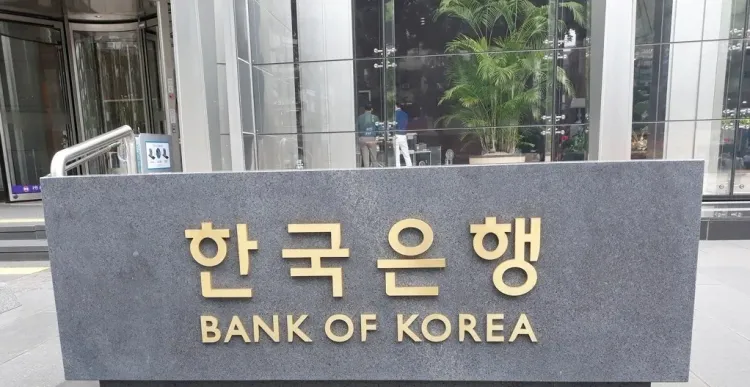Concerns Over Chinese Supply Glut Exceeding Trump Tariffs: Bank of Korea

Seoul, Dec 23 (NationPress) Companies in South Korea have identified the fierce competition in the global market stemming from China's low-cost exports as a primary concern for the upcoming year, which they believe could have a greater impact on their businesses than the tariff measures proposed by U.S. President-elect Donald Trump, according to a report released by the Bank of Korea (BOK) on Monday.
The BOK’s regional economic report highlighted that South Korean exporters anticipate a continuation of growth in domestic exports through 2025, albeit at a decelerated pace in comparison to the current year.
However, there are rising apprehensions regarding the increased competition resulting from the oversupply of Chinese products and an influx of affordable exports in the global marketplace, as reported by the Yonhap news agency.
This report was formed from a survey of 200 local exporters conducted by the BOK in November, assessing their export conditions and outlook for 2025.
The central bank projected a 6.3 percent increase in exports, a crucial growth driver for South Korea, for the year 2024, but indicated a decline to just 1.5 percent in the following year.
South Korean firms also raised concerns about the technological advancements of Chinese companies, especially in the realms of rechargeable batteries and steel, which could threaten their market positions, according to the findings.
Regarding the tariff strategies of the incoming Trump administration, South Korean steel and automotive manufacturers expressed worries; however, other sectors facing stiff competition from China mentioned they might benefit from the new U.S. tariff regulations.
Firms that maintain a competitive advantage also indicated they could handle any adverse effects from Trump’s policies, as outlined in the report.
Trump has pledged to impose “universal baseline tariffs” starting at a minimum of 10 percent on all imported goods, with potential increases on Chinese imports reaching as high as 60 percent.









